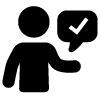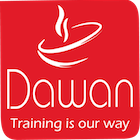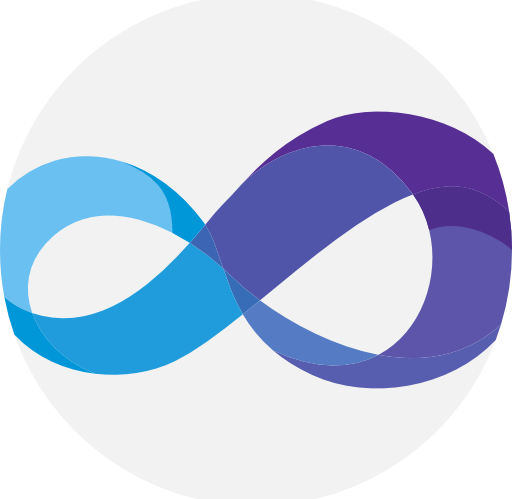Goals
- Learn to develop with VB.NET
- To create basic management interfaces and to manipulate objects of the .NET platform
Program
Presentation of .NET
The languages of the .NET framework
Evolutions of VB / VB.Net, platforms supported
Development environment
Types of projects: console, library, WinForms, WPF, WCF, …
Minimum structure of a VB.Net program
Compilation, execution and debugging
Workshop: Manipulating the development environment – examples of VB.Net programs
Variables: declaration, common types (Common Type System)
Organization in memory (primitive types / reference types)
Operators
Type conversion: implicit / explicit cast
Conditional
instructions Iteration instructions, loops
Workshop: Multiple examples of applications
Operating principle
Creation of arbitrary
arrays Multidimensional arrays and traversal
Workshop: Declaration and manipulation of tables
Introduction to procedural: definition, interest
Types and returns of functions
Passing parameters:
– by value (ByVal)
– by reference (ByRef)
– variable arguments (ParamArray)
Overloads of methods (Overloads)
Optional parameters (Optional)
Recursion: definition, implementation
Workshop: Breakdown of the application
Exception mechanism, types
Catch and handle an exception (try / catch / finally)
Throwing exceptions (throw)
Workshop: Management of data entry errors, escalation of exceptions
Notions on classes
Character strings, dates, …
Various lists and collections, algorithms
Access to files and streams
Workshop: Manipulation of collections and flows
WinForms: presentation, components and displays
Structure of a project, references
Creation of windows
Use of controls and management of events
Organization of the application
Workshop: a directory application
Presentation of the object for the ideal structuring of the code and notions of UML
Attributes and methods
Constructors, life cycle, general memory management
The aggregation of objects
Creation of properties, visibility, encapsulation
Inheritance in the application
Workshop: Implementation of several business classes
Use of namespaces and creation
Abstract classes and interfaces
Polymorphism: interest, use
Event mechanisms
Creation and use of processes
Examples of modeling for complex applications
Workshop: Organization of an application based on complex objects – advanced use of graphic controls
ADO.NET: access to any database
Communication with .NET: the web and other protocols
Presentation of additional useful elements available and VB.Net evolutions
Creation and use of
Multithreading and synchronization processes
Workshop: Complete Case Study – A Business Agenda in VB.Net
Passing of the certification (if foreseen in the financing).
Duration
5 days
Price
£ 2475
Audience
All
Prerequisites
Common use of a programming language
Reference
.NE173-F
Sessions
Contact us for more informations about session date















